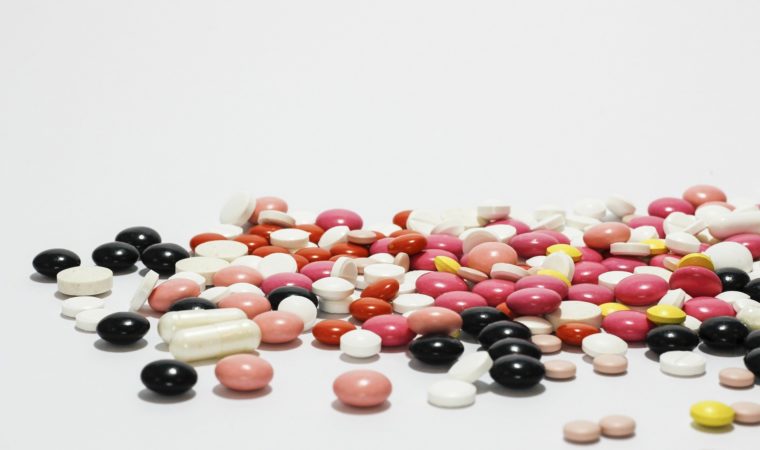
Since the end of 2019, Ranitidine, commonly marketed as Zantac, has been subject to recall. It was revealed that Ranitidine contains trace amounts of NDMA, a potentially cancer-causing substance. The original manufacturer of Zantac, GlaxoSmithKline (GSK), knew about the potential dangers of the drug since they started marketing it in the 80s and decided to produce it anyway. It is important for consumers to know what ranitidine and NDMA are and why they are unsafe.
What is Ranitidine?
Ranitidine, popularly sold as Zantac, is a drug used to reduce acid produced by the stomach. It is an over-the-counter drug that is prescribed to treat heartburn. It was also sold as a drug that can prevent ulcers and treat gastroesophageal reflux disease (GERD). When GSK first began producing Zantac, it was on its own in the market, but now there are many variations containing Ranitidine, becoming the go-to treatment for stomach acid problems. It was commonly used for babies, adults, and elderly patients as a treatment for such issues. This is why the drug containing any amount of a potential cancer-causing substance, such NDMA, is unacceptable.
What is NDMA?
N-nitrosodimethylamine (NDMA) is a naturally occurring substance that can be found in very small amounts in certain foods or treated water. It also exists naturally within the body itself. It is classified as a probable human carcinogenic substance, which means it has the potential to cause cancer. It is likely that when larger amounts are found within the human body, it is caused by a chemical reaction with something that person ingested. This is how it is proposed that Ranitidine is causing NDMA levels in humans who take it.
The risk of cancer comes from long term use of Ranitidine, when it produces NDMA in the human body. This production can occur when Ranitidine is ingested into the body, the chemical reaction that occurs produces NDMA. The substance is also injected into rats in order to conduct cancer research on tumors.
Contact a Personal Injury Attorney
If you or a loved one has taken Ranitidine for an extended period of time and developed cancer, you may be entitled to compensation. A personal injury lawyer at the Whitley Law Firm could help you decide if you have a case while looking out for your best interests. Contact us today to learn more.


